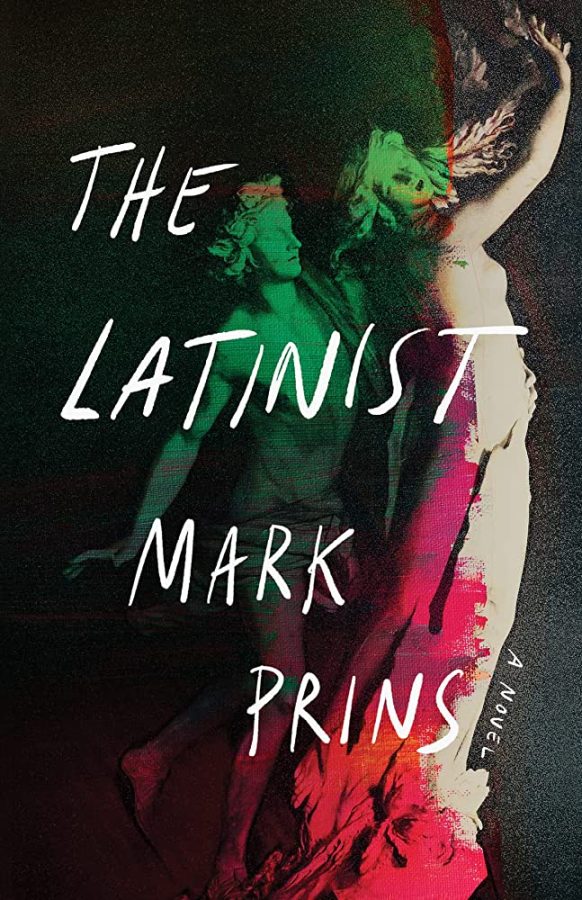A Girlboss in Classics
God I love it when a woman wins.
“The Latinist” by Mark Prins focuses on a graduate student studying classics at Oxford, Tessa Templeton, as she deals with the consequences of a twisted advisor convinced he is in love with her. This review will contain spoilers!
Templeton is turned down by job after job and she can not understand why. After a promising academic career at Oxford, she can’t seem to find employment. As it turns out the reason isn’t her. It’s sabotage.
At every turn her advisor, Professor Christopher Eccles, has his creepy man grip on her career. But she removes his influence by *spoilers* embarrassing him at an academic conference and smashing his head in when he tries to make an advance on her.
“The Latininst” takes the form of a contemporary Apollo and Daphne retelling, the classic myth of a cursed god chasing a nymph as she tries in vain to escape before being turned into a laurel tree by her father, the river god Peneus. Apollo then uses her wood to make his bow and lyre. The laurel tree is a common symbol of Apollo in classical mythology and Ancient Greece.
The retelling swaps out some key moments however, and instead of a god pursuing a nymph, it is a well known professor chasing his student. Instead of a story about men constantly taking a woman’s agency, the story focuses on how Tessa Tempelton literally fights against her oppressor by smashing his head in with a literal Apollo-Daphne paperweight. Admittedly, the connections between the stories can be a tad blunt.
Throughout the story the narrative switches between Tessa and Christopher’s perspectives. On one hand there is Tessa struggling to understand why all of a sudden she has been blacklisted from academia, and on the other, Christopher lusts after her, providing reasons for all of his creepy meddling in Tessa’s life.
The book is filled with haunting lines such as “You have five minutes to decide if you’re going to let this man ruin your life or not,” and moments like when *spoilers* the reader finds out Christopher has been logged into Tessa’s email and reading her correspondence.
The story ends with quite the change of pace. The majority of the novel is a horror story of academia, before changing into a hurried cover up after Tessa accidently hits Christopher with a paperweight. Lines like “You have five minutes to decide if you’re going to let this man ruin your life or not,” have stayed with me. I have never felt more like a cover up was justified than when Tessa scrambled to make it seem like Christopher slipped in the bathroom rather than being hit in the head in the kitchen.
In total I would give this book 7.5/10 copies of my Catullus textbook. The story definitely convinced me that Latin can be cool, especially because she becomes interim head of Classics while Christopher is comatosed.



